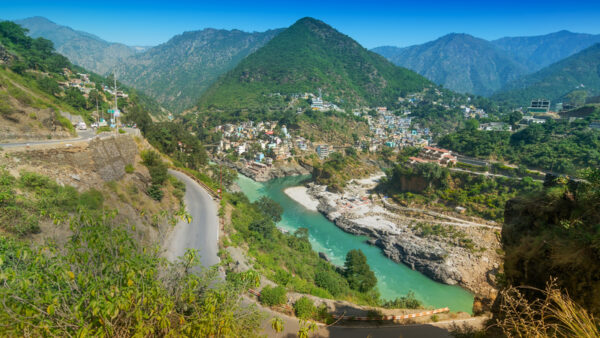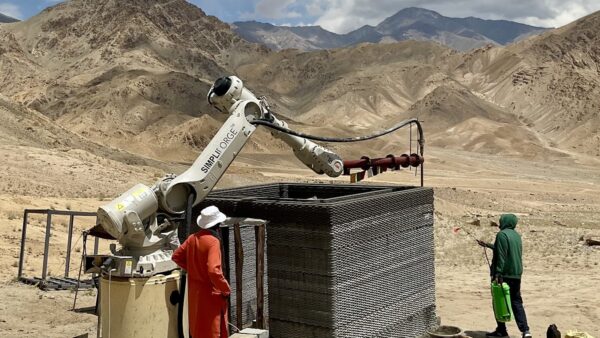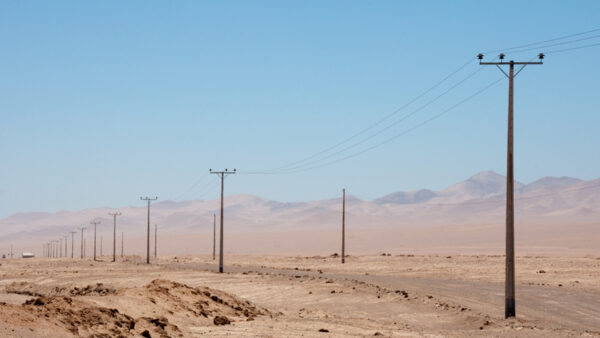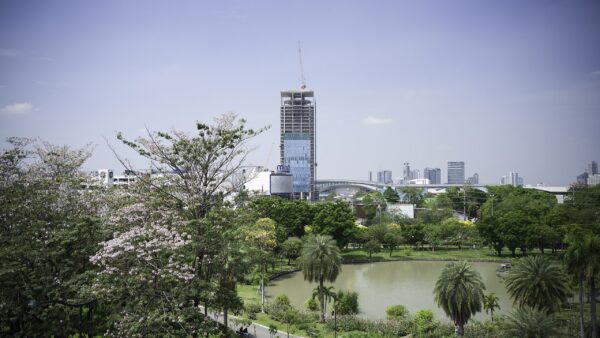Qatar will build seven new “cities” to house 258,000 labourers as the migrant worker population is set to double amid preparations for the 2022 World Cup, officials said yesterday.
Ministers said all seven should be built by the end of 2016 and that the largest, Labour city – for 70,000 people and with a 24,000-seat cricket stadium – will begin housing workers in the next few weeks, according to a report by news agency AFP.
In total, 258,000 workers – about 25% of Qatar’s migrant labourer population – will be housed in these new cities, officials said.
Dr Abdullah bin Saleh al-Khulaifi, the labour and social affairs minister, said the new accommodation centres were the “future”.
Housing has never been identified as the major problem in Qatar. It’s the system that’s the problem– Nicholas McGeehan, Human Rights Watch researcher
“That’s the blueprint,” he said of Labour city. “There are in the pipeline [several] cities around the nation. I know our people want to have better accommodation for their labourers.”
A mixture of government and private sector accommodation, the cities will be built across Qatar, from the fringes of the capital Doha to one in the north.
Most will house about 28,000 workers.
Khulaifi said there was no final figure for how much the projects will cost, but Labour city, with 55 buildings including a mall, clinic and the second largest mosque in Qatar, will cost $825m, AFP reported.
Most workers who will end up living there will be transferred from other accommodation centres in Qatar, but officials have said the number of migrant workers in the country will more than double to two and a half million two years before the World Cup.
The decision to build more modern facilities comes after continued criticism of Qatar’s treatment of migrant construction workers.
Khulaifi said Qatar has effectively doubled its number of housing inspectors to 300, and that should increase to 400 soon.
“We have labour accommodation standards and we are monitoring them and penalising those who are violating [the rules],” he said. “Our business community knows we are taking it very seriously.”
A Human Rights Watch researcher, Nicholas McGeehan, called the plan to build new accommodation a “useful step”, but added: “Housing has never been identified as the major problem in Qatar. It’s the system that’s the problem.
“The problems are the mechanisms of control which place an inordinate amount of power in the hands of employers.”










